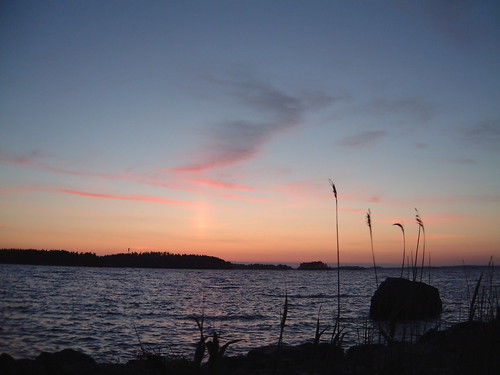HSBC has been running its In the future campaign for some time but only in my recent trip to Mexico was I exposed to it as they have no presence in Finland. The core message is an evolution of their classical “The world’s local bank”. Now that their audience should know that HSBC knows how to make business happen in different markets they bring home the fact that while the developed world is undergoing the Great Recession, people in emerging markets are still doing well, thank you very much, which is changing where business opportunities come from, how they develop and scale, and what kind of new flexibilities the smaller entrepreneur would need.
The campaign touches on themes such as emerging market growth, technological startups, currency hedging and the fact that, obviously, HSBC is the bank to help you make it all happen. Having just visited a country that is expected to grow 3.7% this year and 3.9% the next, the message really resonated.
The only sad part is that their touchpoint strategy seems to be focusing on a very traditional marketing mix with plenty of media buys, but then again, I wouldn’t expect a totally revolutionary campaign from a bank 😉 .

